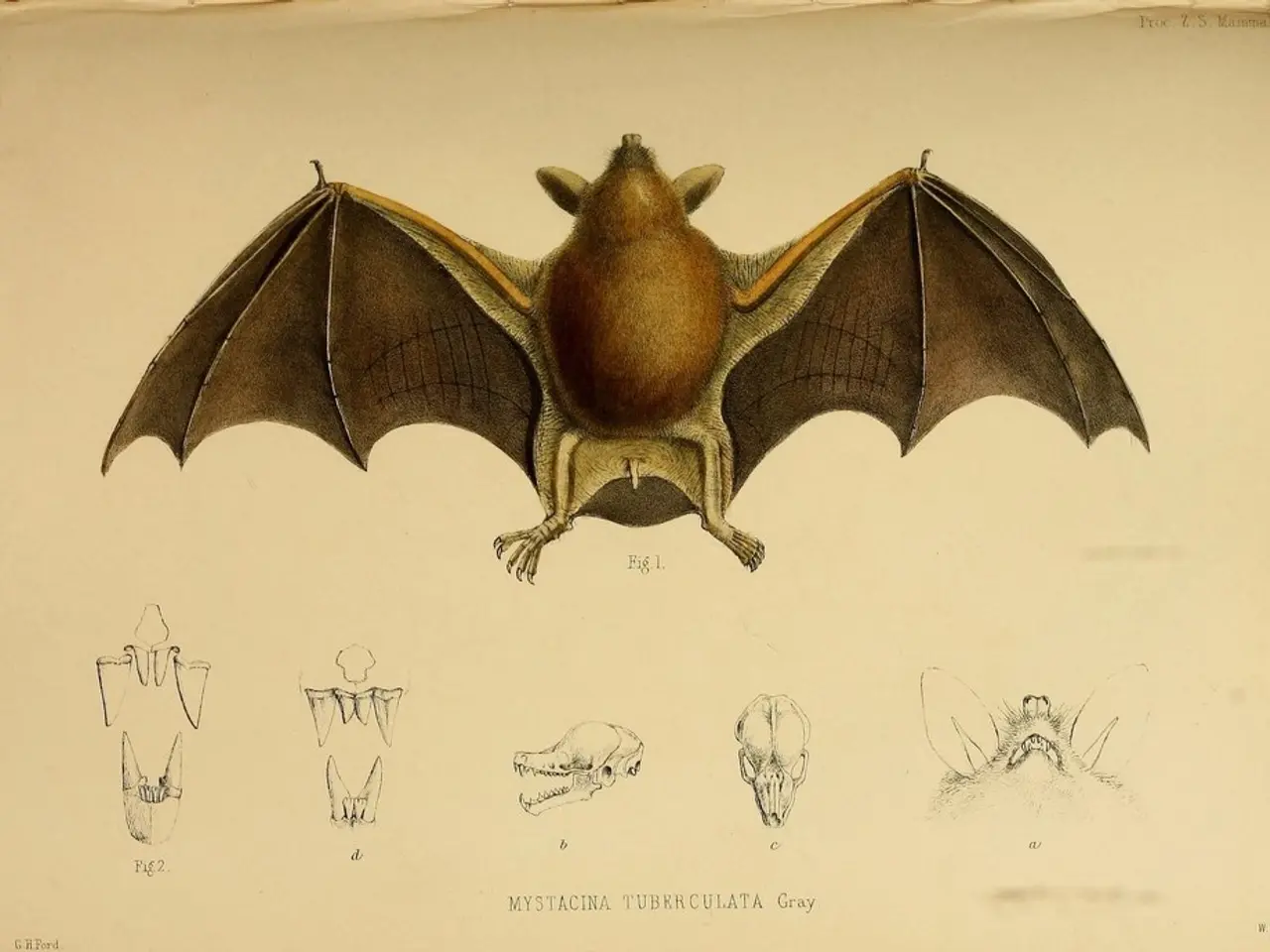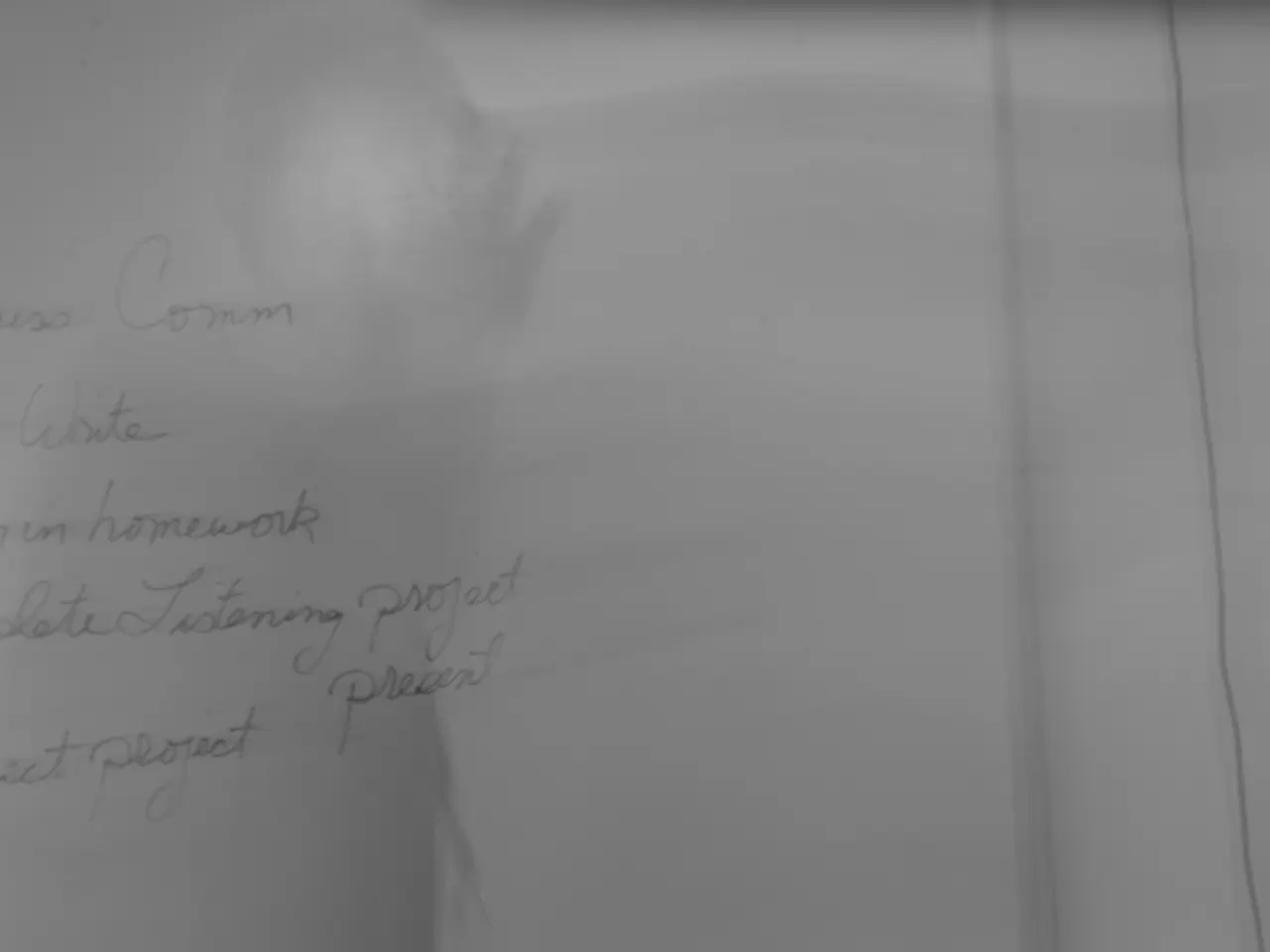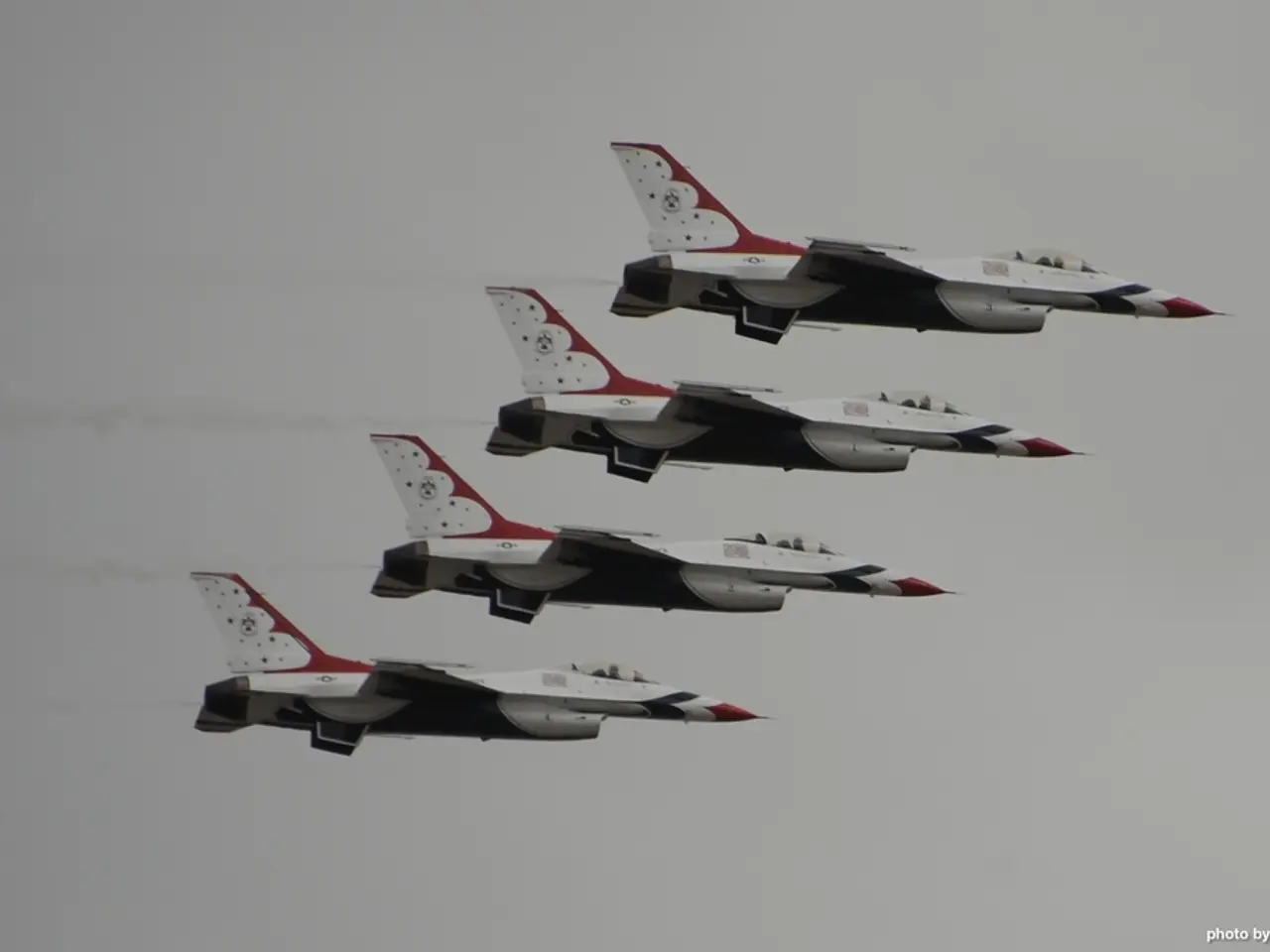Bremen residents stand undeterred, disregarding apprehensions raised.
In the bustling city of Bremen, Germany, the line between academia and entrepreneurship is blurring, as students are leveraging university knowledge and technology to found innovative startups. One such example is Finite Air, a company specialising in unmanned aerial systems (UAS) for the security of critical infrastructures.
Founded by Tobias Patzer, a 29-year-old graduate from the University of Bremen with a degree in Space Engineering, and Pascal Gluderer, a 26-year-old co-founder, Finite Air is making waves in the field of UAS technology. Their focus is on applications such as the security of energy plants, transport networks, and other sensitive facilities, providing high-resolution real-time data for efficient surveillance and protection.
The journey of Finite Air, like many other Bremen-based startups, began within the university's research and technical environment. The co-founders identified a practical market need - securing critical infrastructure - and developed cutting-edge UAS technology with business applications. The result is a company that commercialises these technologies for regional, national, and international markets.
The Bridge network of Bremen universities plays a crucial role in supporting such startups, facilitating grants to help them stay afloat. This network supports around 160 projects and reaches many more interested parties, but the number of students who actually start companies after graduation is relatively low, as per a report by the Startup Association.
However, for those who do succeed, persistence, a desire to implement their ideas, and the willingness to navigate through unfamiliar areas and tackle bureaucratic hurdles are key. Meike Goos, from the Bridge business leader, emphasises this point, stating that those who succeed are the students who embody these qualities.
Despite facing skepticism about their venture, with some stating it's not possible or the investments are too great, Pascal Gluderer and Tobias Patzer remain undeterred. They are willing to work 60-hour weeks to achieve independence in their work and are optimistic about the future of Finite Air. According to Pascal Gluderer, conversations with industry peers give him a positive outlook that they will eventually reach safe harbors.
The range of ideas being pursued by students in Bremen is vast, encompassing customised drones, deep-sea robots, and even vegan chocolate bars. Finite Air is just one example of how academic knowledge is being transformed into businesses that address real-world challenges, demonstrating the potential for continued innovation and economic growth in Bremen.
- Tobias Patzer, a graduate from the University of Bremen with a degree in Space Engineering, and Pascal Gluderer, co-founder, have leveraged their academic knowledge and university technology to establish Finite Air, a small-business specializing in unmanned aerial systems (UAS) for the security of critical infrastructures, a venture that showcases entrepreneurship in the city of Bremen.
- Finite Air, as many other Bremen-based startups, started within the university's research and technical environment, transitioning their technology from academia to finance and careers, eventually commercializing it for regional, national, and international markets.
- In the face of skepticism about Finite Air's venture, with some arguing that it's not possible or the investments are too great, Pascal Gluderer and Tobias Patzer, the entrepreneurs, remain undeterred, working tirelessly towards their goal of independence in their work, and maintain an optimistic outlook for the future of Finite Air, demonstrating the spirit of perseverance needed in technology and small-business careers.




